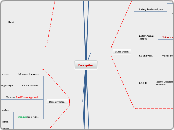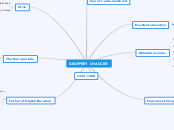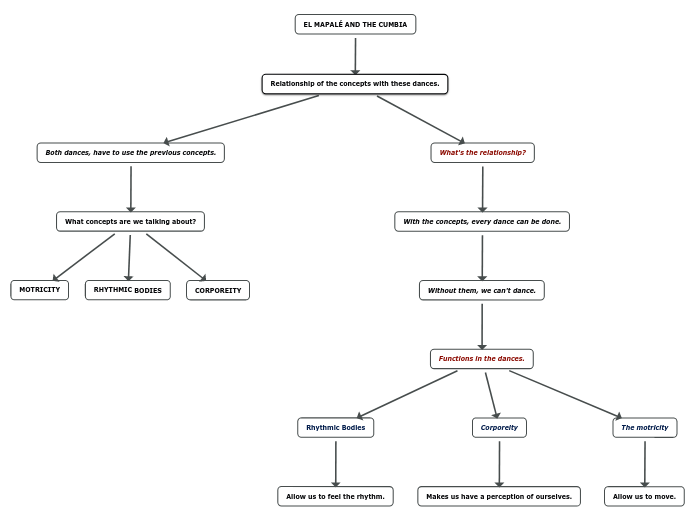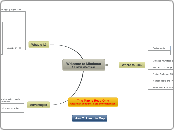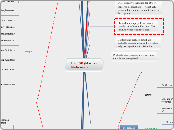Perception
Visual Illusions
Use of visual illusion can be used for both positions
Knowledge sometimes but not allways involved
So perception depends on the task
Direct perception= no processing
Penrose Triangle
Top-Down:
But its 2D
Hyp: it must be a 3D triangle
Ames room
We know there are no giants
Yet we see one
Object + Environmental clues are enough to create percept
Knowledge is involvedWe produce Perceptional Hypothesis
Most likely one wins
Mask of Hor
Top Down Knowlege
no face, its hollow
Hypo: it must be face
Wrong perception
Strong top down
Necker cube
We constantly build a new perceptual hypo
Kanizsas Triangle
See Triangle although there is none
Strong evidence against direct perception
Marr Detail
4. 2,5 D
Vectors: Distances/ orientation are determined
The Ship
imporverished stimuli are easier recognized one we know what the object is
We can move around
vs. 3D
We can recognize from different angles
Uses Gibson (other modules):
Texture
Stereopsis
Evidence: Motor and Texture processed sepeartly
3. Full Primal
Objects are grouped
Gestalt Principles
2. Raw Primal(shapes)
Points are connected
Termination: Discontinuity
Edge: Change in intensity
Bars (pararllel lines)
Blobs (enclosed arae)
1. Gray level description
Why Blurring
Random fluctionations: Small Changes
Edges: Large changes of intensity
Critique: Colour is important clue
Marr: different module
Marrs information processing
Evaluation:
Enourmously important theory for cog psy
has been implemented
Marr works but doesn't have to be like that
Processing
Algorithms
Mostly Gibsonian with Gestaltist
Gregory
Ames Room: We know there is no giant/dwarf
Makes use of visual illusion
Why?
Ambigous Clues
Incomplete info: Perception under uncertainty
Law of Prägnanz (best gestalt will appear)
Prior knowledge= important
Constantly generate hyptothesis
Top Down
Goal: Perception=for Recognition
Gestaltitst
Most stable representationwill occur: Gestaltfest
Critique
Only explains simple phenomena
Not fully developed: No "How"
Subtopic
Marr: for fore and background
Rules built in
Dorsal Ventral
Evidence for 2 routes
Dorsal (Fast)
Where= Gibson
Drives behaviour
Ventral
What= Gregory
Drives Object recogntion
Patient DF (Milner and Goodale
but grab right size with her fingers
Not recog objects / not know size difference
Normans: Dual Proces Approach
More interconnected than independent
Carlton / Binsted
Learning example
Once Learned: dorsal
More Motor action
Intital Learning: ventral
More conscious processing
Schneiders Hamsters
Pattern recog. vs. orientation in space
Gibson
Direct Perception
How?
Because of poss. ambiguity we Search world for invariant clues
Depth Clues
occlusion: close cows cover up far cows
Relation to Horizon
Far colours more bluish
Faster moving= closer (motion parallax)
Texture Gradients
Vergance to Motor
What?
Evidence
Work with pilots
pilots undistinguishable with 2D Training material
Training with 2D little impact
Evaluation
Critque
Doesn't explain how it works
Cannot explain phenomena
Visual illusions
Neckar Cube
Kanizsas Triangle
Size constancy
Image on the retina gets bigger but doesnt jump at us
We do make assumptions
Need for realistic / non lab investigations
Strong theory: explains a lot
Affordance
No processing
No memory involved
Objects guide action: make evident what can be done with them
Real World has enough clues
Visual Symstem developed in real world
Ecologist: Most info lost in Laboratory Studies
Bottom up
Goal: Perception=for action
